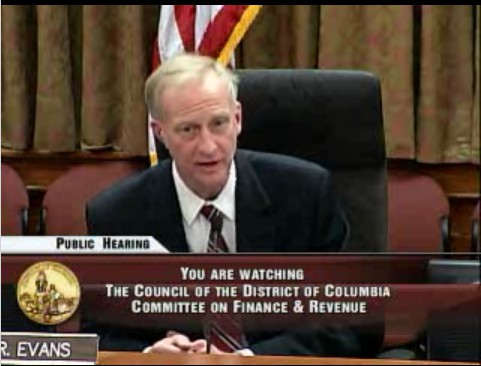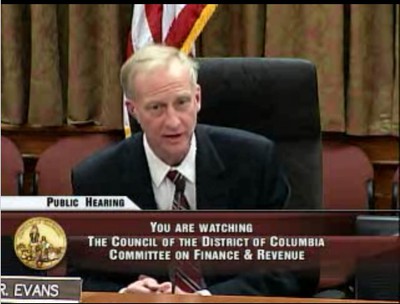

On Thursday, a public oversight hearing was held in the nation’s capital on the matter of Internet Gaming and on bill 19-474, the Lottery Amendment Repeal Act of 2011. The repeal bill was a response to the controversial law that explicitly legalizes Internet gaming within the borders of Washington DC.
The method by which the law was passed in April 2011, has been criticized for the lack of input sought from the public and a contract that – though approved by council members – contained language which some now call vague and misleading. As a result, implementation of the law was delayed while the topic was discussed in community meetings and an investigation by the Inspector General was conducted.
During today’s hearing, Lottery officials reported that the majority of citizens that voiced their opinions at the community meetings were in favor of the program and Inspector General Charles J. Willoughby found no illegal activity in the awarding of a $120m lottery contract that also included an option for the district to begin offering Internet gambling.
In front of the Committee on Finance and Revenue, Councilmember Tommy Wells called Willoughby’s report “troubling,” stating that his support to repeal the law is based not on an opposition to gambling but on the legalization process and the perception that lawmakers may have had their “thumbs on the scale.”
Councilmember and former mayor Marion Barry spoke favorably about the project and sought to have Roogow and the district’s CFO Natwar Ghandi commit to immediately implementing the law, indicating that their delay thus far was “illegal.” He threatened to introduce legislation that would remove the responsibility from the CFO if the delay continued.
Ghandi also came under fire from those opposed to Internet Gambling. Councilmember David Catania called for his resignation and threatened to sue in order to impede the implementation of online gaming in the district.
Buddy Roogow, Director of the DC Lottery, testified that play money games would act as a test and could be up and running within 30 days. He also indicated that real money games could follow months after, with technical and financial processing still to be finalized.
At the conclusion of the hearing, Councilmember Michael Brown noted that of the testimony given by members of the public, 72% were in favor of Internet gaming. Then implying it is time for implementation to move forward, he remarked, “we’ve passed every test, we’ve cleared every hurdle.”

